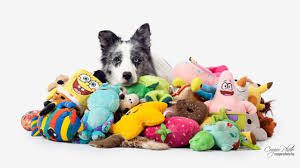
Can dogs eat melon or honeydew? Dogs can eat honeydew melon after you remove the seeds and rind. The melon has many vitamins and nutrients, and honeydew’s high water content makes it a hydrating treat for all dog breeds.
What melons are bad for dogs? The most common health hazard encountered when feeding melon to dogs is related to the rind. Like watermelons, cantaloupes and melons have a hard and fibrous outer covering called rind. Dogs cannot digest melon rinds, and ingestion of small pieces can lead to gastrointestinal upset such as vomiting and diarrhea.
What fruit is poisonous for dogs? Grapes and raisins (dried grapes) have proved to be very toxic for dogs no matter the dog’s breed, sex, or age. In fact, grapes are so toxic that they can lead to acute sudden kidney failure. Always be mindful of this dangerous fruit for dogs.
Can dogs eat cantaloupe or honeydew? Yes. Honeydew melon offers several benefits for dogs, including vitamins B6 and C, potassium, and dietary fiber, which improves digestive health.